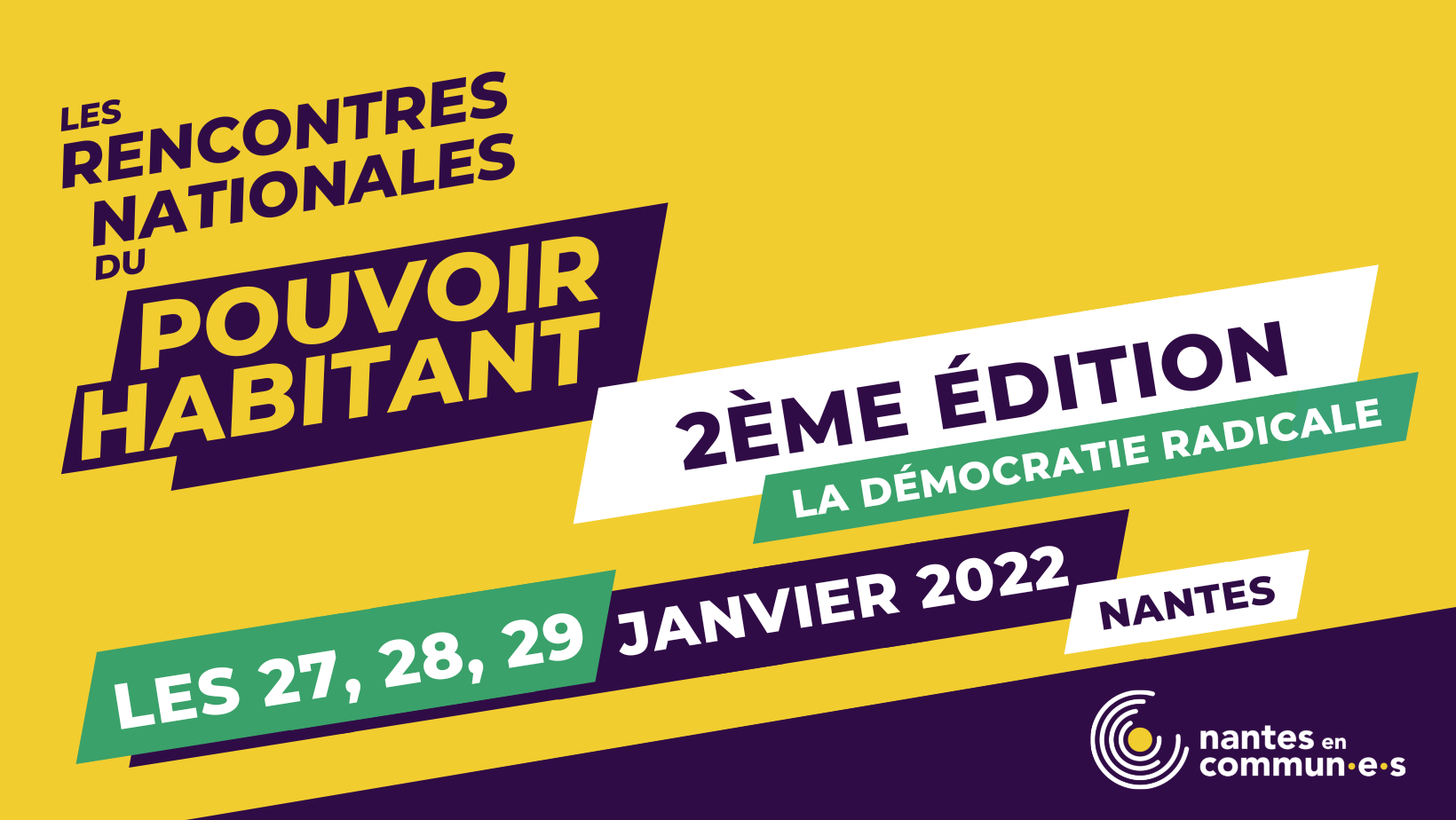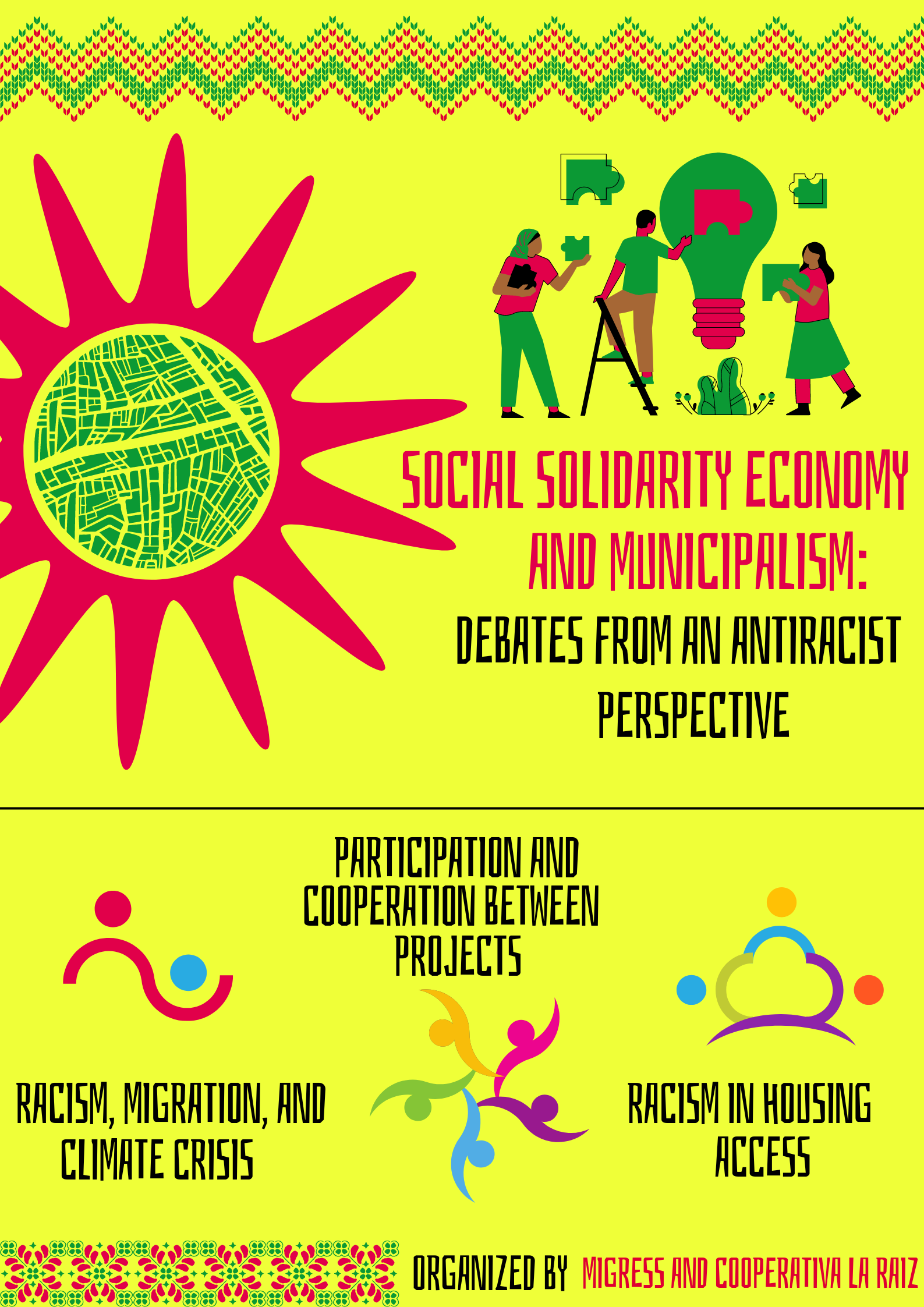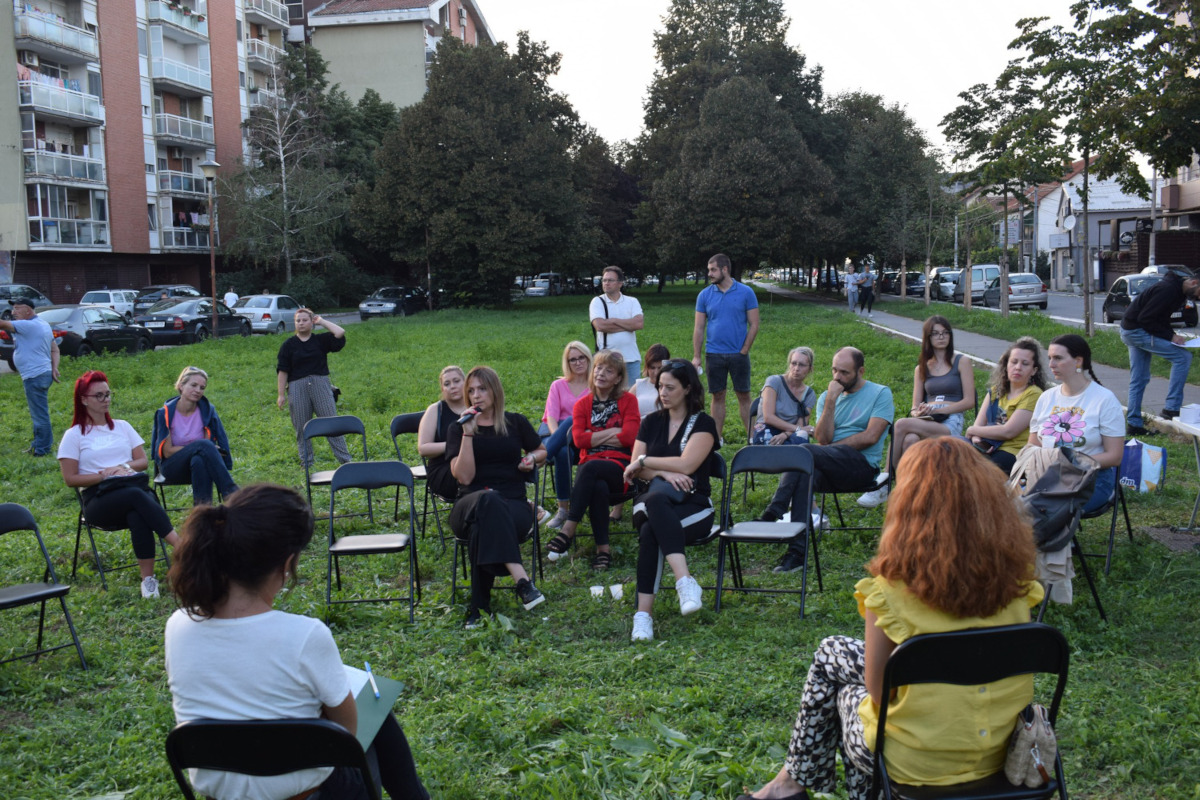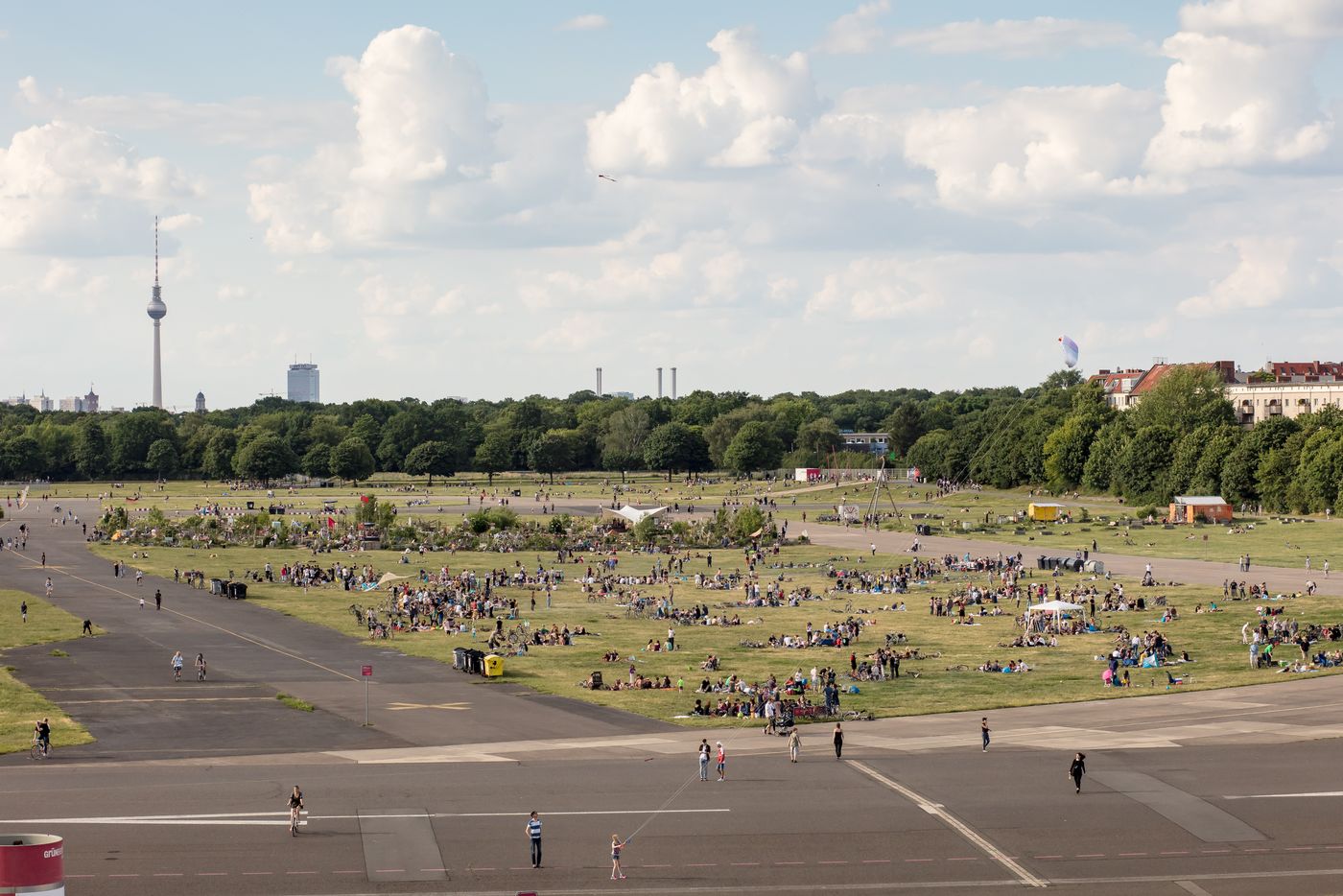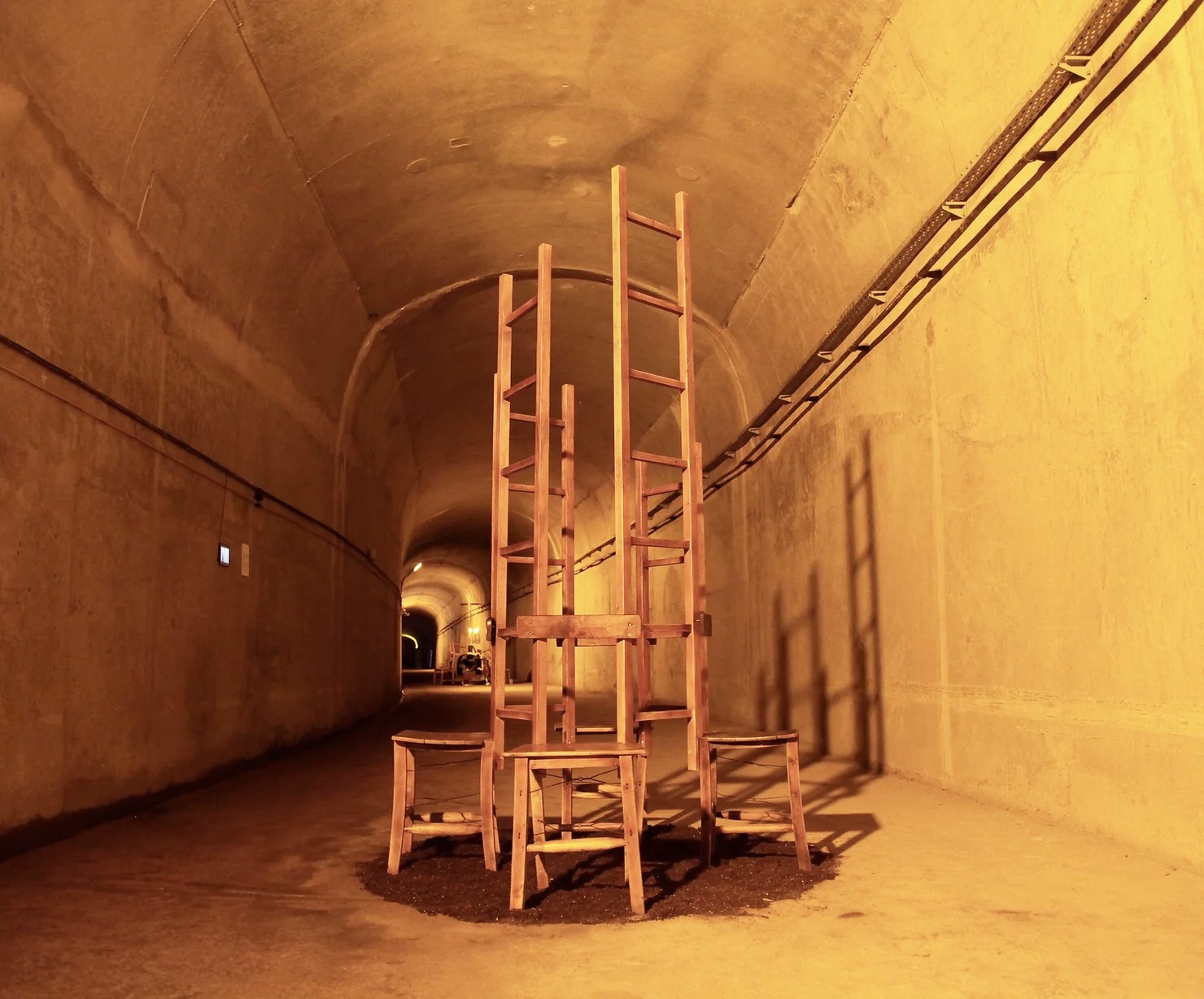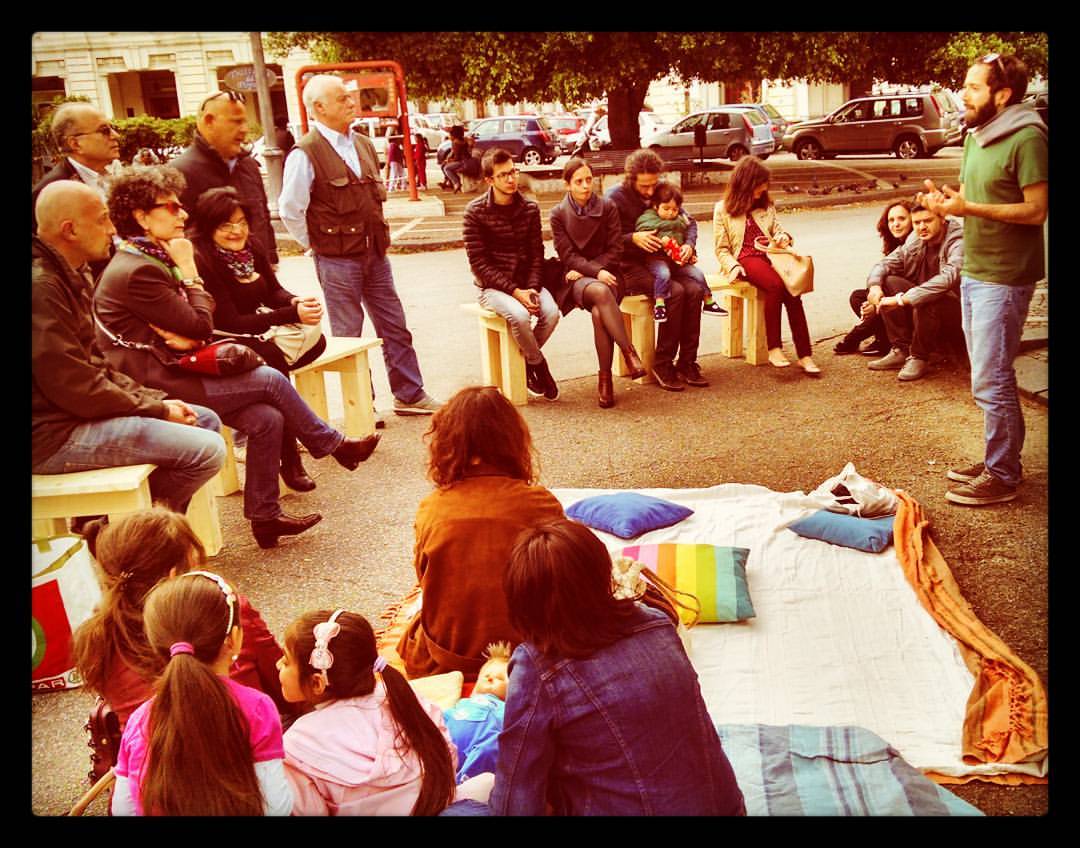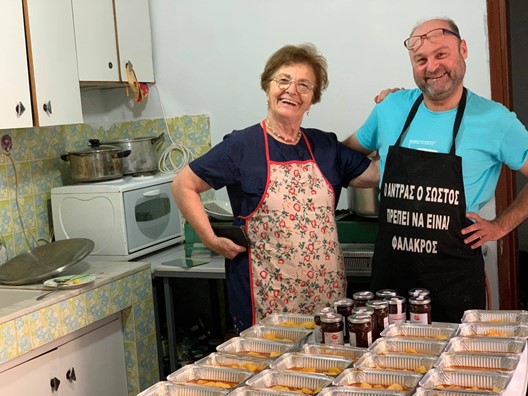We relaunch theories, practices, and imaginaries of commons that have been pivotal in our municipalist struggles and achievements. Thus, we identified actions that are sensitive and crucial, bringing commoning struggles outside our commons spaces:
popular education in the working-class neighborhood of San Lorenzo, conveying municipalist values of solidarity and cooperation. We support the job inclusion of disadvantaged teenagers through: 1) a driver’s license course; 2) a workshop to initiate a delivery cooperative with the same group of young people, seeing self-managed work as an alternative to criminality and exploitation.
campaign for sea as commons, for self-determination against neglection, pollution, and privatisation of beaches and seafronts. We are organising a national congress in Zer081 to raise awareness and disseminate our crowdfunding to bring a popular legal lawsuit against those who illegally impede access to the sea;
communication tools (advertising banners and signage) to disseminate Neapolitan municipalist struggles during street demonstrations.
Commons for neomunicipalism. Popular education and environmental struggles

Proposal abstract
Who we are
Massa Critica Napoli is an informal political and social project established in 2015 with the aim of bringing together the main Neapolitan social movements (including Commonsnapoli.org, social spaces like Zer081, grassroots unions and collectives) toward the construction of a large municipalist subject connected to the rest of European movements. It has been founded on dialogue between different collectivities and practices and has fostered debate and citizen participation in decisions about city government; it has coordinated joint actions to fight against large-scale speculation and against big lobbies that assert their interests at the expense of the majority of the population.
Massa Critica involves movements that carry out solidarity and mutualism activities, experimenting with practices of self-government, democracy and new institutions; culture and education; labor, production, welfare, income, public finance; right to the city, territory and environment.
We answered this call as a network in order to leverage a city-level change.
What we want to do and how we will do it
With this grant, we want to relaunch theories, practices, and imaginaries of commons that have been pivotal to our municipalist struggle: commons obtained two participatory institutions (on Commons and public Debt) and the recognition of 8 ‘liberated’ spaces with a new legal tool, civic uses. Now, we identified sensitive actions crucial for the city, as they strengthen commoning struggles outside of our comfort zone of commons spaces, thus bringing significant risks and opportunities:
a popular education course. In a first phase, l’Asilo will accompany and support, through the help of two educators, the study for obtaining a driver’s license for a group of teenagers from the working-class neighborhood of San Lorenzo in Naples, who live in conditions of economic and social hardship and few opportunities. In a second phase, it will organize a workshop aimed at building a delivery cooperative with the same group of young people to favour an access to fair and self-managed work, as an alternative to both criminality and exploitation. This path will be an opportunity to convey neo-municipalist values of solidarity and cooperation
campaign for sea as a commons. Within a broader national battle against neglect and privatisation of beaches and seafronts, Neapolitan commons join from a municipalist perspective, seeing it as a new ground for self-government, participation in local decision-making, and liberation of commons resources. This is also connected to environmental conflicts: the seafront was also subtracted to people by the failure to bonificate polluted and poisoned areas, especially in peripheral neighbourhoods. With the EMN grant, we organise a national congress in Zer081 to raise awareness about the campaign and disseminate the crowdfunding to bring a popular legal lawsuit against those who illegally impede access to the sea;
communication tools (advertising banners and signage) to disseminate the contents of Neapolitan municipalism during street demonstrations.
How much money do we need and what for?
400€ Cost for the salary of two educators for one month to supervise the study for obtaining driver’s licenses
600€ Cost for organizing a workshop + salary of a trainer specializing in setting up a delivery cooperative
700€ Cost for organizing a national conference on the sea as a common good + reimbursement for travel, board and lodging for foreign guests
300€ Cost for communication and promotion of the conference on the sea as a common good
400€ Cost for 8 advertising banner to be used in pubblics events
600€ Cost for a template where to insert content with in-design, for 12 A1 on 3 mm forex
tot. 3000€
Why / How does it contribute to /reflects the municipalism principles
Since 2012, Neapolitan municipalism has promoted local policies starting from the everyday practices of self-organisation and mutual aid implemented by activists, inhabitants, and marginalised subjects themselves. Namely, we struggle for commons, social justice, decommodification of culture, socialisation of real estate and public resources, antifascism, antiracism, and antisexism.
Here, the metropolitan commons network allows commoners to be rooted in their neighbourhoods, while sharing reflections and struggles for broader institutional changes in the city, which has inspired other commons in Europe and beyond.
The EMN funding would allow us to extend commoning beyond the ‘walls’ of our spaces. Moreover, sea, popular education and occupation of public squares are key to reach diverse actors, including those who are usually less politicised.


